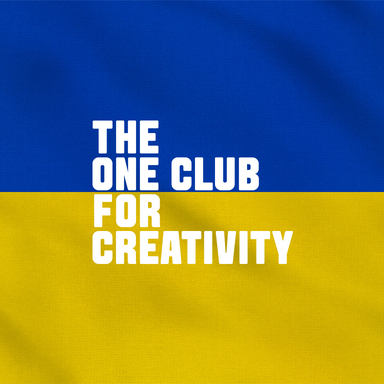
In Plain Sight
By Francesca Bacardi on Dec 12, 2013
Technology has come so far that people can avoid advertisements pretty much whenever they want. Don’t want to watch commercials? DVR the show. Pop-ups showing up everywhere? Use a pop-up blocker. People don’t have to look at ads if they don’t want to, but as of late that might be changing.
Websites such as Buzzfeed and The Atlantic have adopted “native advertising” – ads that are designed to mimic the editorial content of the website. The ads are always well-labeled, as they are marked to stand out in various ways. All articles are usually labeled with the word “sponsored” or are written in a different color font.
One such ad is Intel’s latest sponsored article on Buzzfeed titled, “Ten sci-fi mash-up genres we wish existed.” The ad seamlessly follows Buzzfeed’s signature list style. Joe McCambley, founder of The Wonder Factory, thinks that this style of advertising might be one of the few ways to capture readers’ attention.
“People are really good at using technology to eliminate advertising from their lives,” McCambley said. “If you want to get your message out to users, you better be in the content space.”
Agencies who create native advertisements have direct access into websites’ content management systems. They have the ability to publish what they want and when they want it, which is a power some might see as risky.
“If you don’t have some sort of editorial oversight, I think you’re making a huge mistake,” McCambley said. “You better have a good editorial staff overseeing your native content to ensure quality.”
With print journalism on the decline, and Newsweek folding its print edition, publishers have had to find new ways to increase revenues. But according to McCambley, native advertising won’t be the solution.
“Native isn’t going to save [print journalism],” McCambley said. “Publishers have to save themselves. I think you’re going to see a dramatic shift in publishing.”
Instead, native advertising could be a motivation for change in journalism. Because native advertising mimics a website’s editorial content, McCambley said it’s pushing journalism to do more and be better. Publications such as The Atlantic and Forbes, which are known for good journalism, need to also have “good” native advertising or else it could ruin the user’s experience, according to McCambley. After The Atlantic’s faux pas with a sponsored article promoting the Church of Scientology, McCambley said the publication “learned a great lesson.”
“[The Atlantic] dramatically changed its approach,” McCambley said. “Great native advertising is also great journalism.”
McCambley believes that the shift toward native advertising is going back to the basics of good fundamental marketing. “It’s definitely changing advertisers and the way they think,” McCambley said.
Related
The One Club for Creativity Stands with Ukraine
Our statement on the Ukrainian invasion
Cape Town Creative Boot Camp
Watch the Cape Town Boot Camp documentary
Baptized, Boards & Bull
Cultures aren’t static. At the 2018 One Club Creative Summit, we heard three different perspectives — pop, corporate and agency — discuss modern approaches to keeping culture relevant.
Best Beer Commercials - The One Club for Creativity
We hand picked some of our favorite One Show-winning beer spots from the past 20 years.







